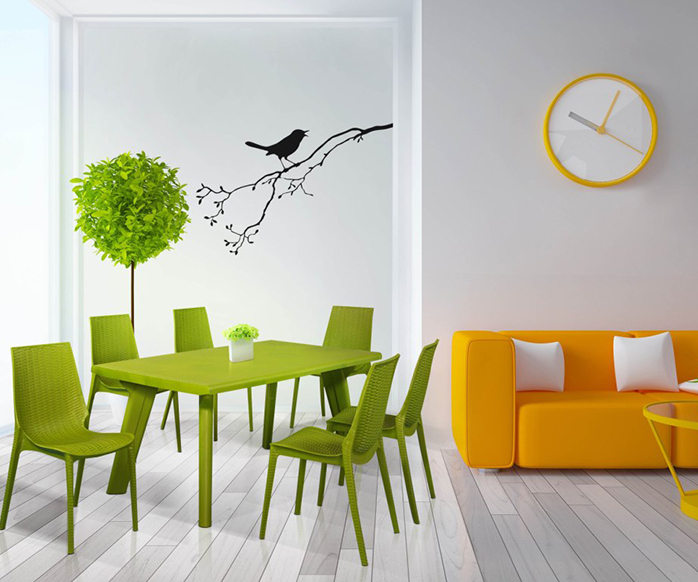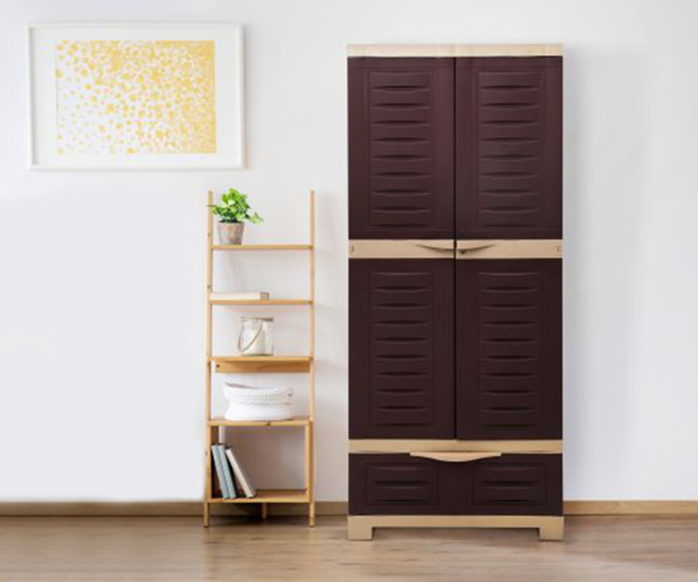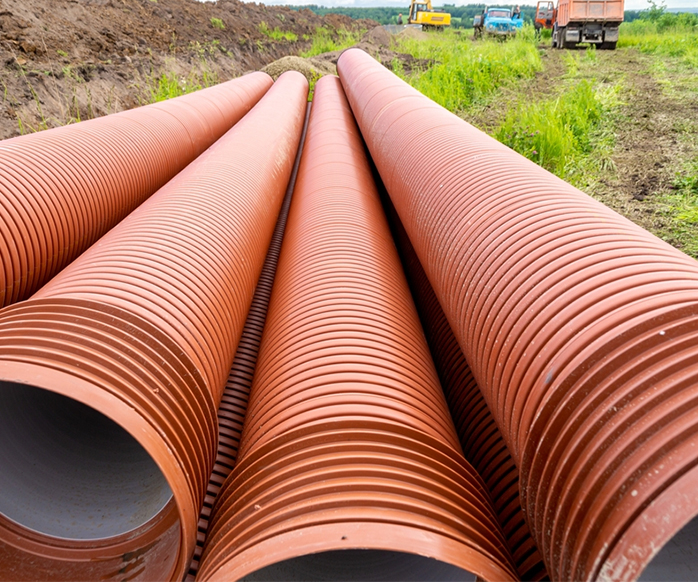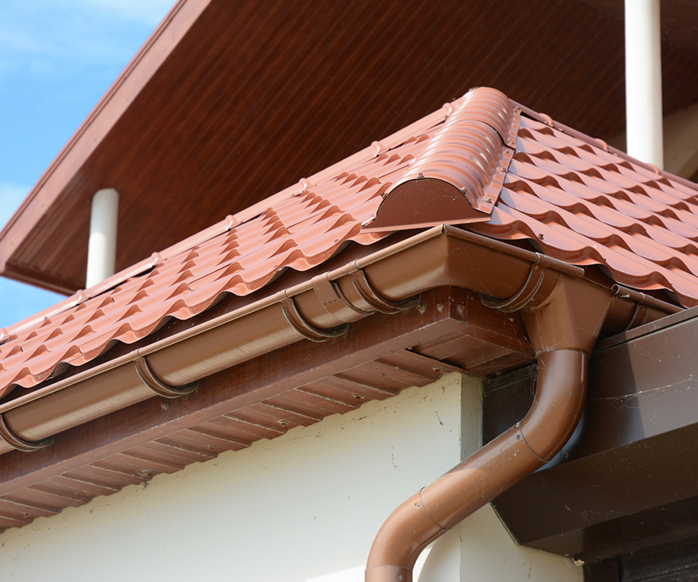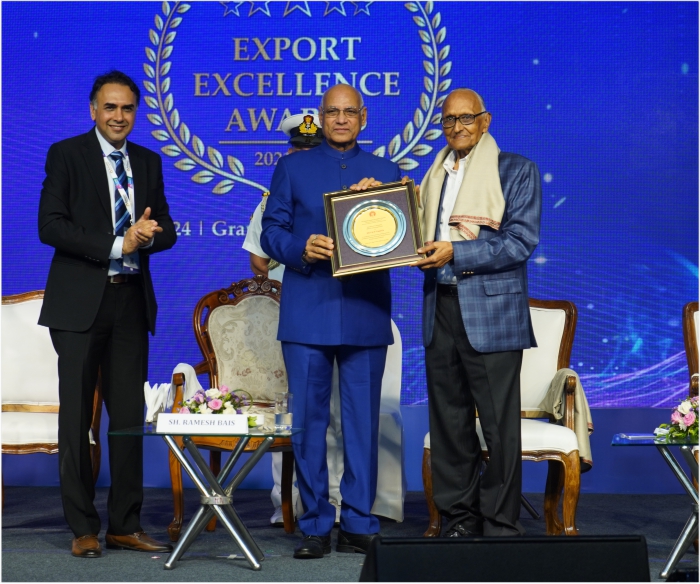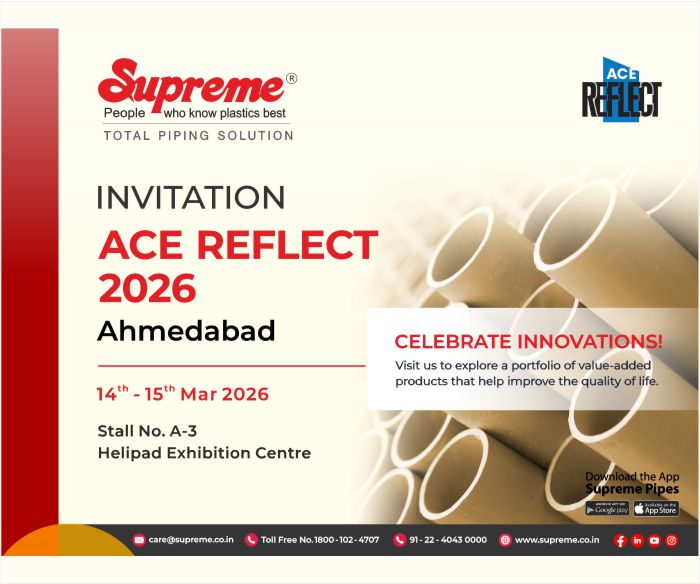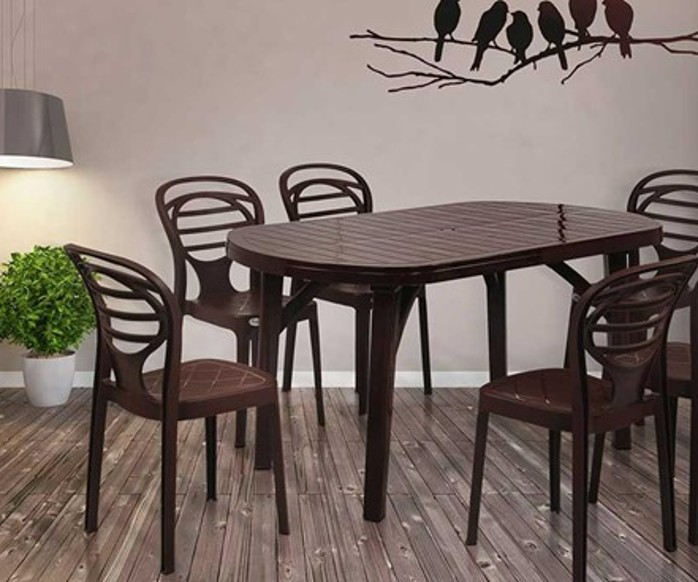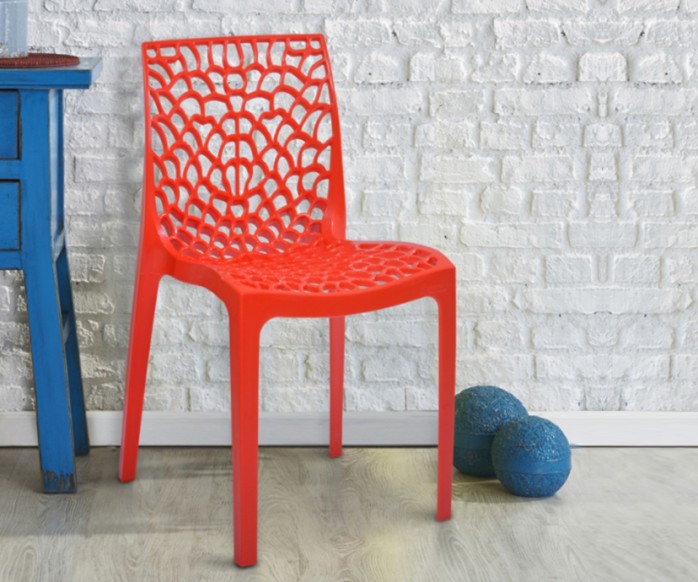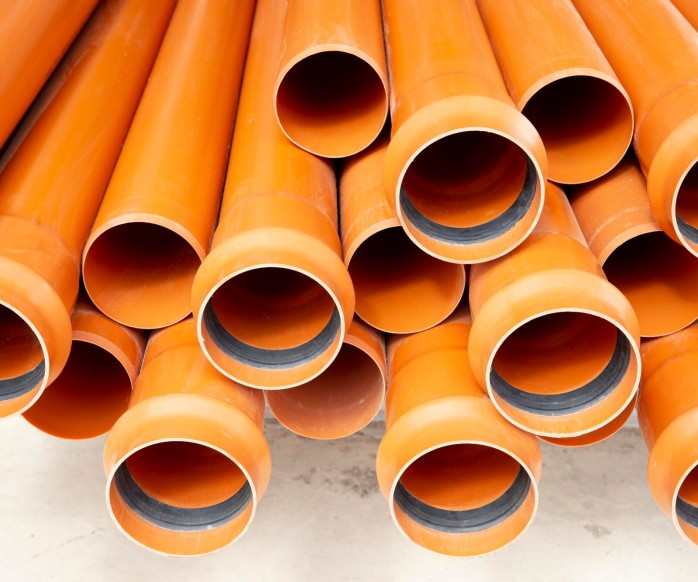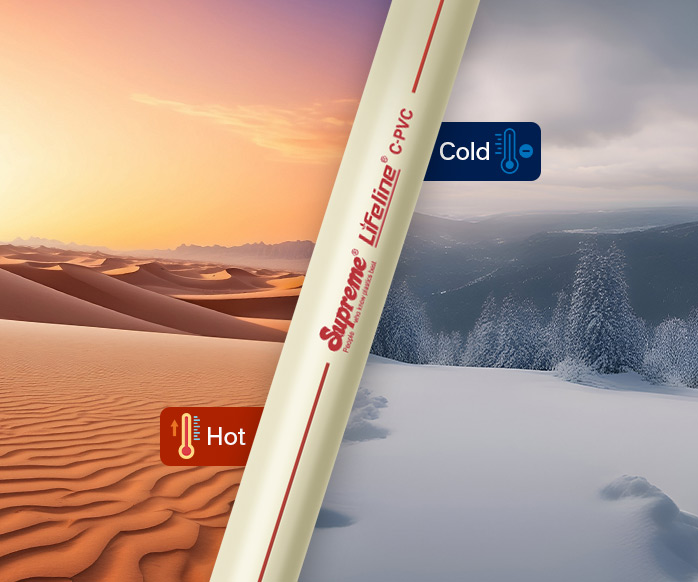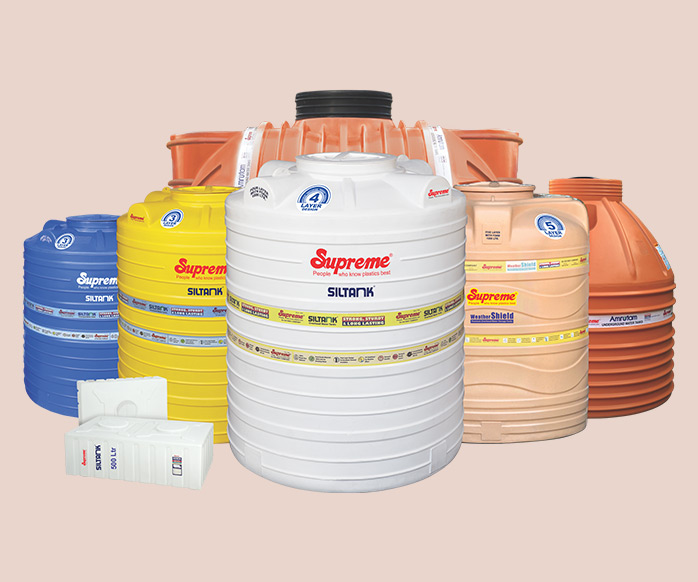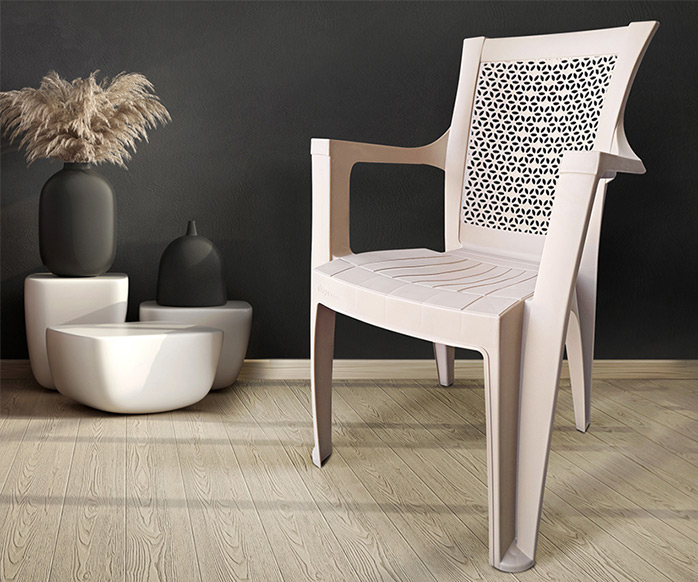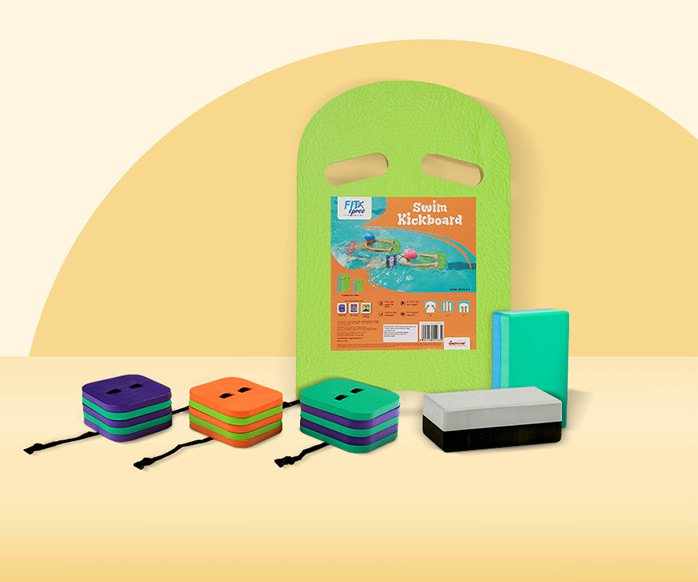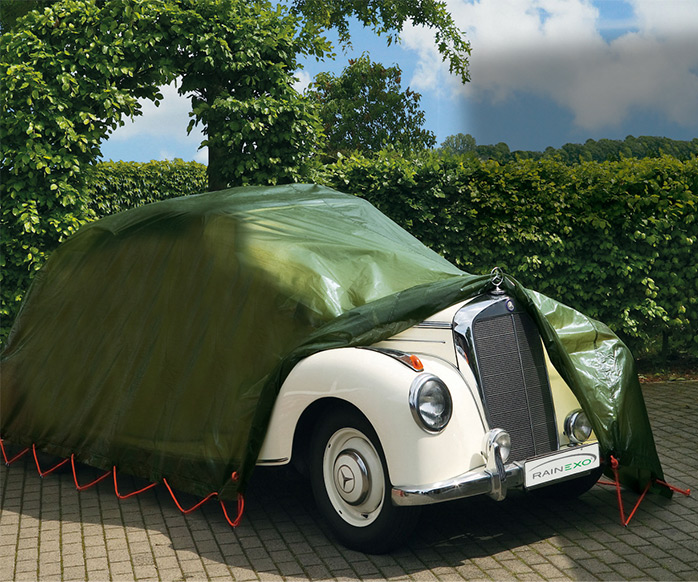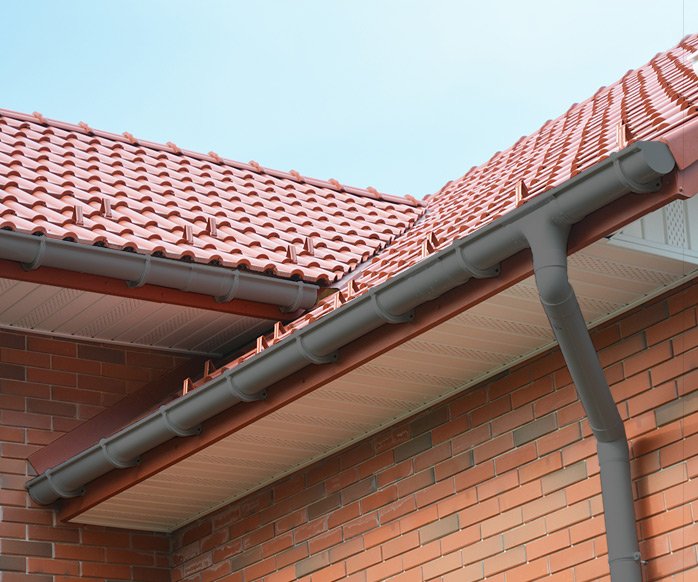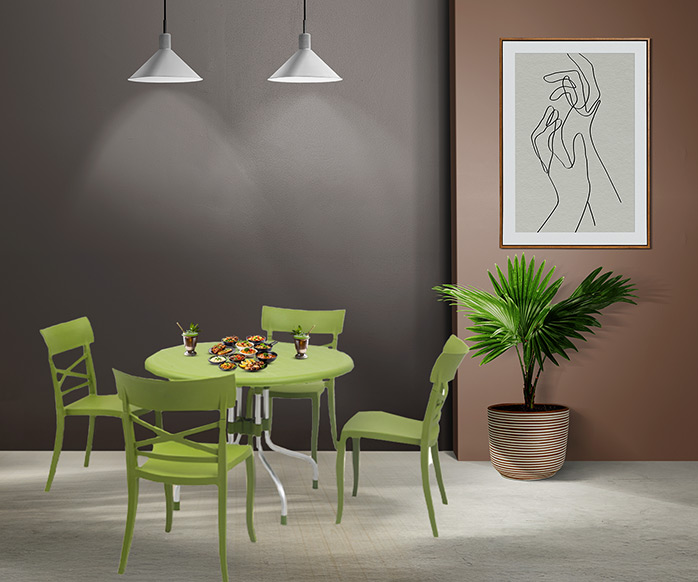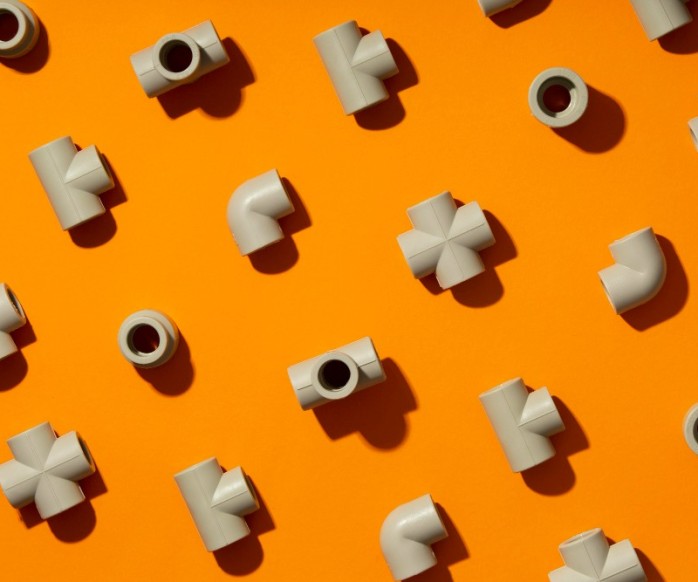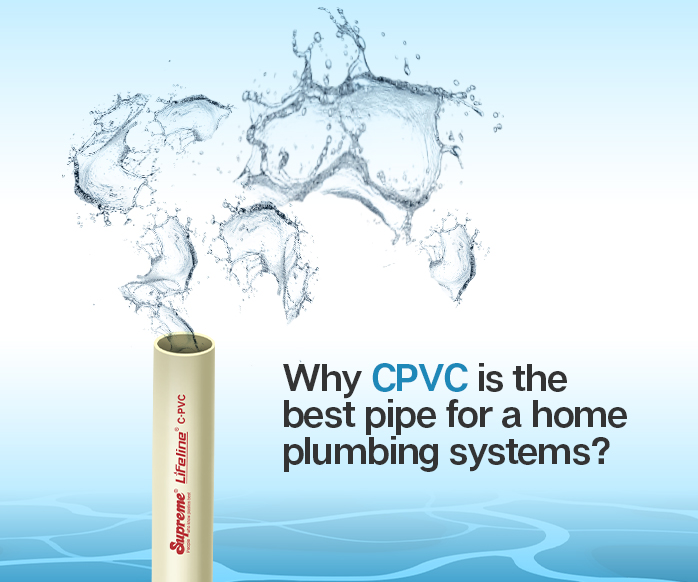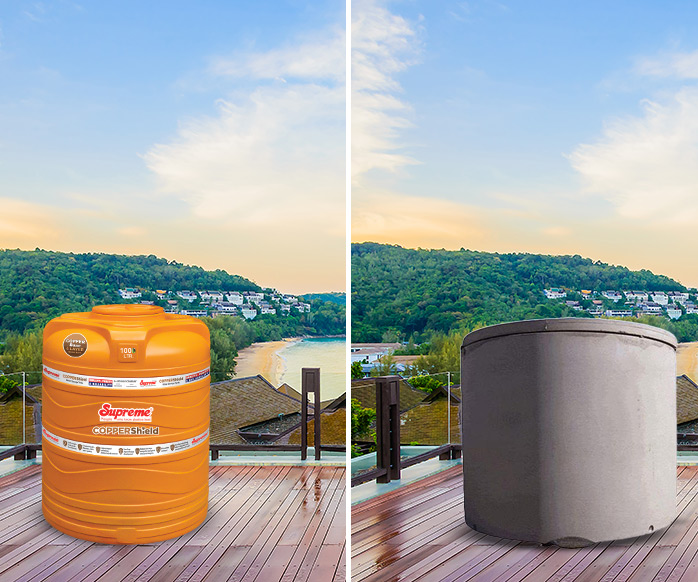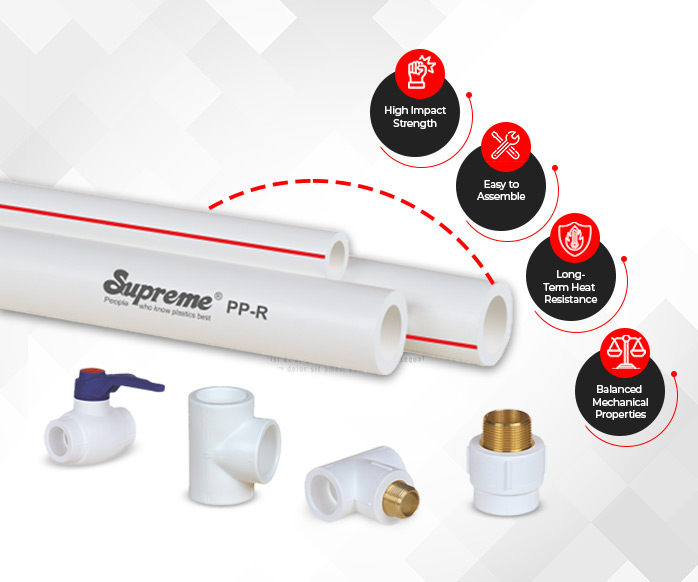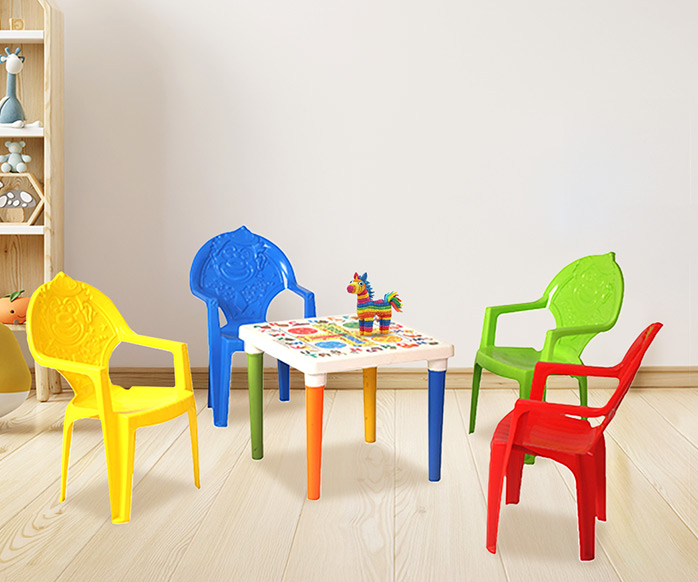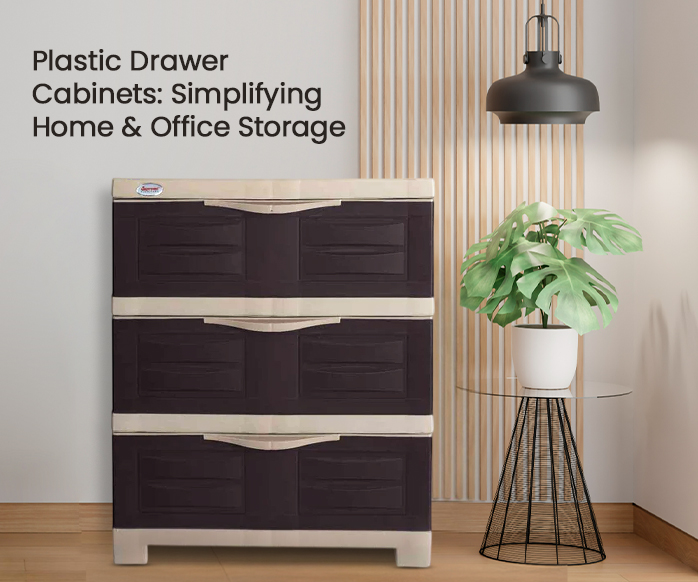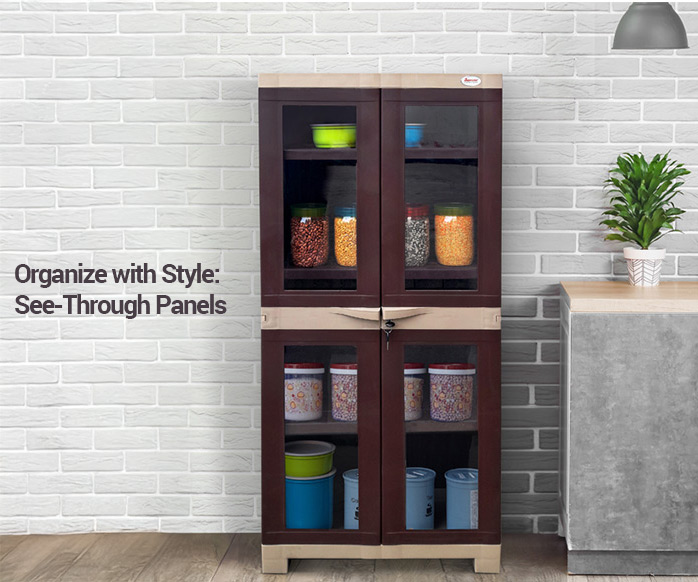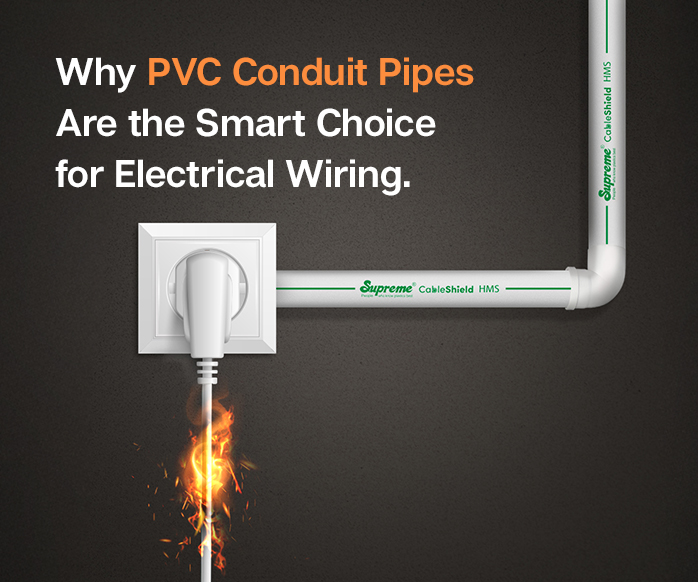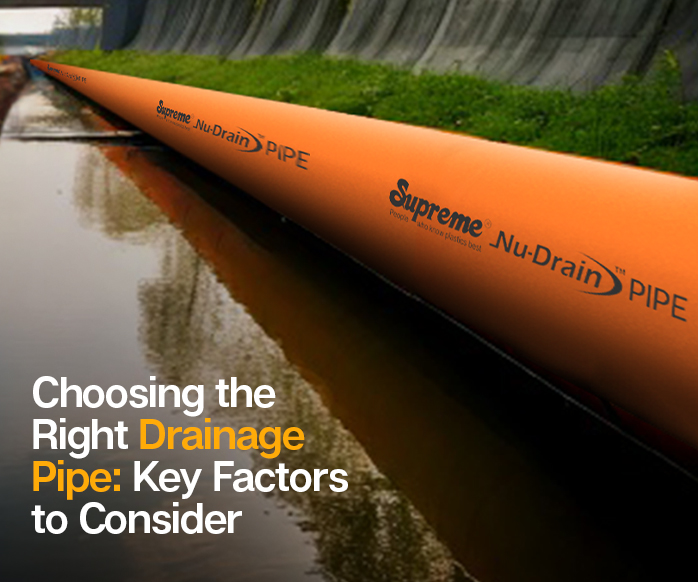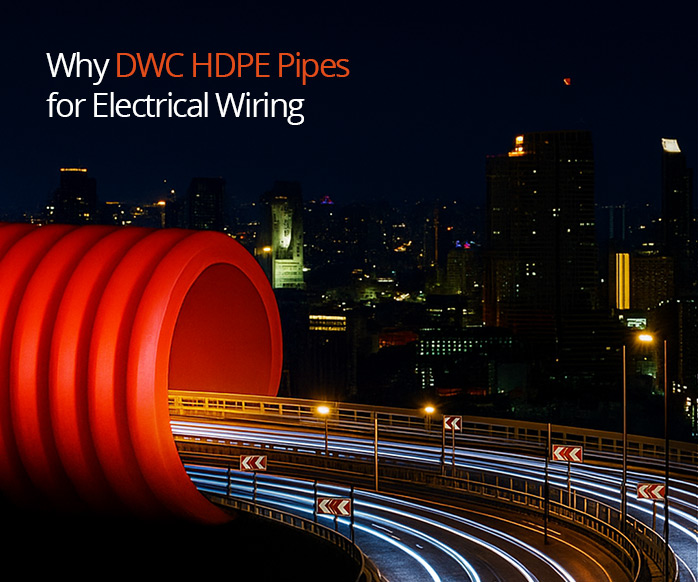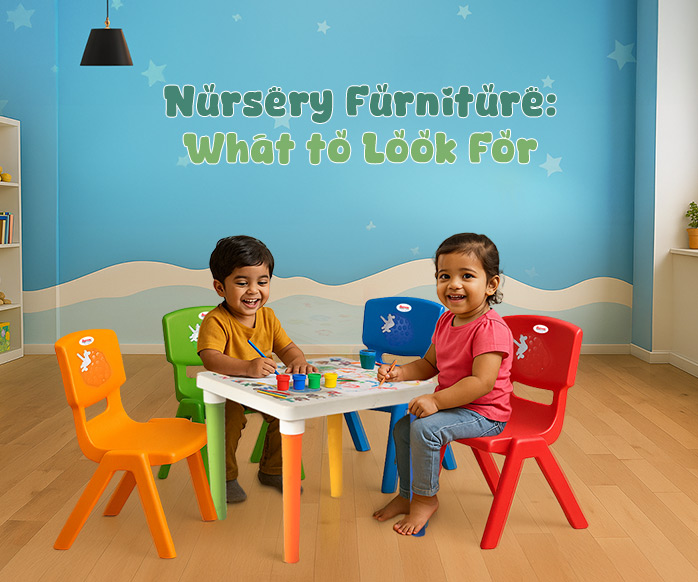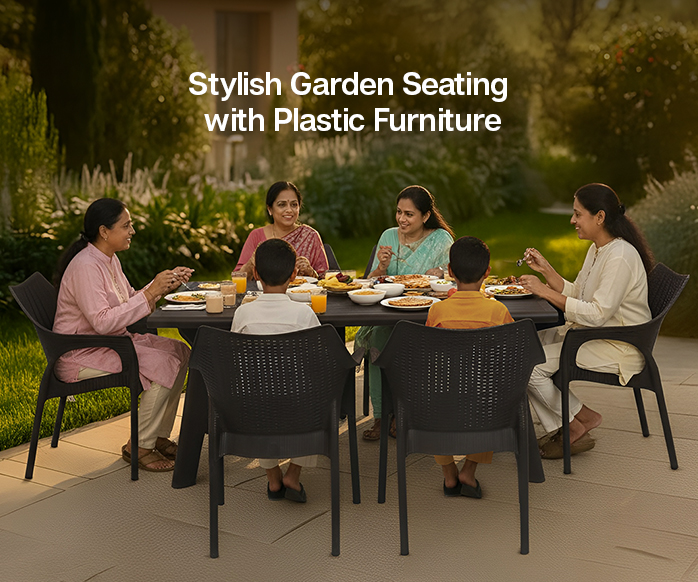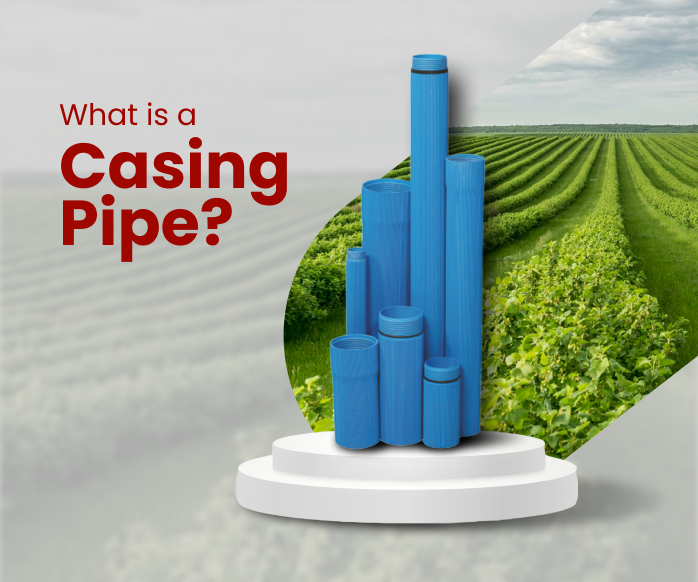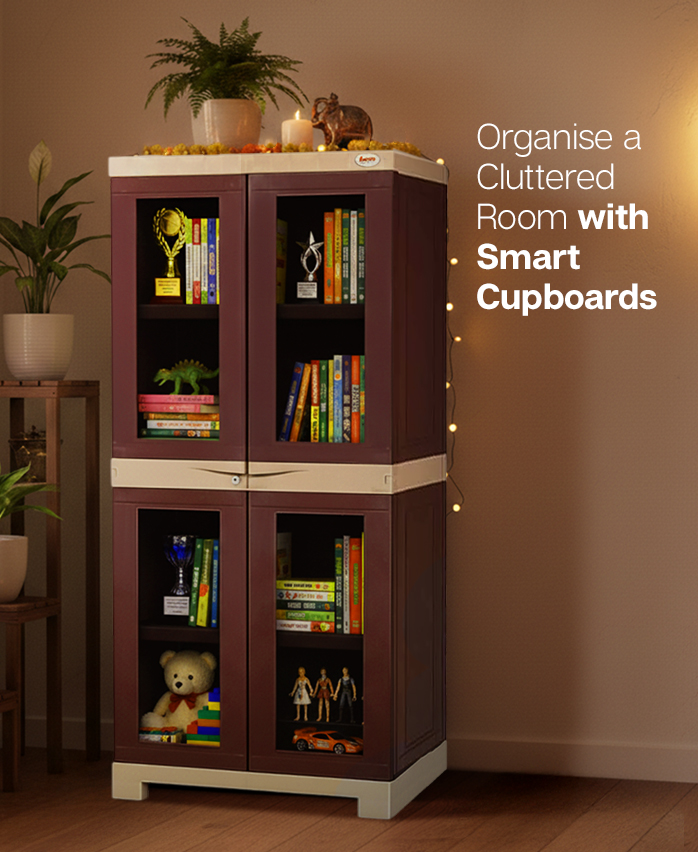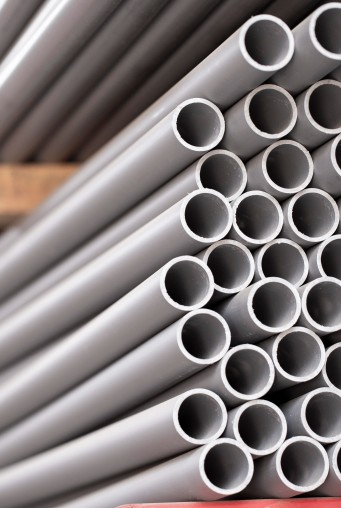
Selecting the right pipes is a crucial step in avoiding situations like water leakages, pipe blockages, bursting pipes, and more. Posing a significant risk to your property. These issues also caused contamination of water and soil which results in various health hazards. Plastic pipes are a popular choice due to their versatility and reliability. They can be used for various purposes, from delivering clean drinking water to borewells and drainage applications.
We understand the need for robust, durable, and efficient plumbing systems in both urban and rural areas. Plastic pipes and fittings offer a superior alternative to traditional GI and metal pipes. Their corrosion and chemical-resistant properties make them highly durable and hassle-free solutions for various applications. Unlike GI and metal pipes, plastic pipes do not corrode or rust over time, ensuring long-term reliability and minimal maintenance.
In this guide, we will explore the different types of plastic pipes and their applications and provide a clear overview of common plastic pipes like PVC, CPVC, UPVC, HDPE, and borewell. We'll also discuss specialised drainage pipes like SWR. Each type has advantages and is suited for specific applications, from household plumbing to urban and town planning to large agricultural requirements.
Types of Plumbing Pipes
1. PVC Pipes
PVC pipes, or Polyvinyl Chloride pipes, are a cornerstone of plastic plumbing solutions. They're renowned for their durability, versatility, and cost-effectiveness, making them a popular choice across various industries.
PVC pipes and fittings offer a compelling combination of benefits. These pipes are resistant to corrosion and abrasion, ensuring long-lasting performance. Their lightweight design and simple joining methods make installation quick and easy, saving time and labour costs. Manufactured with NSF-approved raw materials, these pipes meet international quality standards. Their water-tight joints prevent leakages. Moreover, they require minimal maintenance and are durable, which ensures long-term use.
PVC pipes offer robust water supply lines. They are also a mainstay in irrigation systems, ensuring a reliable flow of water for agriculture and landscaping.
2. UPVC Pipes
uPVC pipes (unplasticised polyvinyl chloride) are a common choice for plumbing in both residential and commercial. They're used for water supply, sewage, and drainage systems. uPVC doesn't affect water quality and is safe for drinking water. These pipes are strong and long-lasting, suitable for above-ground or underground use.
uPVC pipes boast several key features that make them a preferred choice. They are strong, resilient, and built to last, ensuring durability over time. Additionally, they offer excellent resistance to chemicals and corrosion, enhancing their longevity. Their lightweight nature makes handling and installation hassle-free. Furthermore, uPVC pipes and fittings are designed to be leakproof, minimising the risk of water wastage. They are also economical, offering cost-effective solutions for various plumbing needs. Additionally, they require minimal maintenance, which ensures hassle-free operation.
3. HDPE Pipes
HDPE pipes are known for their durability, resistance to corrosion, and flexibility. In agricultural and irrigation projects, where water distribution is crucial, these HDPE agriculture pipes stand out. They provide high-impact resistance and can adapt to shifting soil conditions, making them ideal for such applications. Their longevity, low maintenance requirements, and quick installation process make them a top choice for plumbing needs. Additionally, HDPE pipes find applications in house connections, industrial settings, mining operations, and underground drainage systems.
4. CPVC Pipes
CPVC (Chlorinated Polyvinyl Chloride) pipes are designed to handle high temperatures and pressures, making them perfect for hot water systems. With a tolerance of up to 200°F (93°C), they're commonly used in distributing hot water. They are lightweight and resist corrosion well, making them a practical choice for various plumbing needs. Besides their resilience to heat and pressure, CPVC pipes and fittings are also durable and have a long lifespan.
These pipes are easy to install. With their advanced technology, they ensure leakproof joints and minimise the need for premature replacements. These pipes boast excellent resistance to corrosion and chemical attacks, ensuring durability and longevity. Their fire-resistant nature adds an extra layer of safety.
When it comes to managing hot water, CPVC pipes are the trusted choice.
5. PPR pipes
PPR pipes, or Polypropylene Random Copolymer pipes, offer a modern plumbing solution, particularly for hot water systems, compared to traditional galvanised pipes. Crafted from high-quality materials, these pipes ensure durability and performance, withstanding temperatures from -20°C to 95°C. Available in green or white, PPR pipes come with a range of fittings and accessories, making them versatile for various diameters and plumbing needs. It is ideal for both hot and cold water systems.
They efficiently distribute water and ensure long-term performance in infrastructure projects. Additionally, they are favoured in industrial settings for safe and efficient fluid and chemical transportation.
PPR pipes and fittings are lightweight and easy to assemble, providing a safe system for carrying potable water with watertight joints. They offer excellent resistance to corrosion and chemicals, along with low thermal conductivity and high impact strength, ensuring long operational durability. Additionally, PPR pipes are highly economical in the long run.
6. Borewell pipes
Borewell pipes and fittings are crafted from uPVC (Unplasticized Polyvinyl Chloride), a durable material well-known for its strength, resilience, and resistance to corrosion and chemicals. Compared to alternatives like steel or concrete, uPVC offers numerous advantages. These pipes boast high ductile strength, making them ideal for deep borewells where soil pressure is significant. They provide crucial support and protection during borewell drilling operations.
Drainage pipes
1. SWR pipes
Managing wastewater is a significant concern for both residential and commercial. Since wastewater and drainage can harbour harmful bacteria, it's crucial to choose durable piping that won't leak, break, clog, or degrade over time. SWR pipes, known as drainage pipes, are highly resilient and can withstand bacteria and chemical reactions, making them ideal for drainage, sewerage, and wastewater management.
SWR pipes, short for soil, waste, and rainwater, are preferred for their flexibility, easy installation, and affordability. They are corrosion-resistant and sturdy, making them suitable for underground use.
2 Low-noise SWR pipes
Low-noise SWR pipes are tailored for specific needs in hotels, hospitals, tall buildings, and upscale projects where standard SWR pipes fall short. These buildings demand a robust soil system capable of handling site conditions and other requirements. Engineered to meet rigorous strength standards, these thick-walled, high-density SWR pipes also boast low-noise features. This makes them ideal for projects where excessive sound is unwanted. The blend of strength and reduced noise makes these pipes perfect for high-rise structures.
Factors to consider when selecting plumbing pipes & fittings
Selecting the right plumbing pipes & fittings for your needs involves a thoughtful evaluation of various factors to ensure an efficient system. First and foremost, adherence to quality and industry standards is non-negotiable, guaranteeing that the chosen pipes meet the necessary benchmarks for performance and durability.
Application-Specific Considerations
Tailoring your choice based on specific plumbing needs is crucial. There can be unique considerations for various requirements like potable water supply, sewage systems, agricultural irrigation, or industrial applications.
Quality Standards
Ensuring the selected pipes adhere to industry standards and certifications is paramount. Quality assurance guarantees that the chosen pipes meet the necessary benchmarks for durability and performance.
Durability and Longevity
The importance of selecting durable and long-lasting plastic pipes cannot be overstated in plumbing. While opting for economical pipes may seem a practical choice initially, the long-term benefits of superior-quality materials far outweigh any short-term savings. Plastic pipes, renowned for their affordability, must also be chosen based on quality row material, manufacturing excellence, durability and longevity to ensure optimal performance and safety.
Corrosion and Chemical Resistance
Corrosion and chemical resistance emerge as a cornerstone consideration when navigating the vast landscape of pipes for your plumbing needs. In the relentless battle against the elements and chemical agents, a pipe's ability to withstand corrosion is non-negotiable for ensuring the longevity and integrity of your plumbing system.
Ease of Installation
Ease of installation stands as a defining attribute in the realm of plastic pipes, shaping the landscape of modern plumbing with its practical advantages. Unlike their rigid metal counterparts, plastic pipes boast water-tight joints, remarkable flexibility, and a lightweight nature that facilitates a seamless installation process.
Long term benefits
While upfront costs matter, it's essential to evaluate long-term benefits. Assess the overall cost-effectiveness of the pipes in terms of their functionality, lifespan, and performance in specific applications.
Environmental Impact
Considering the environmental impact is pivotal when selecting plastic pipes for plumbing needs. Plastic pipes offer a compelling eco-friendly solution, particularly those made from materials like Polyvinyl Chloride (PVC) and High-Density Polyethylene (HDPE). These materials are known for their recyclability. Plastic pipes manufactured using sustainable processes ensure a low carbon footprint.
For any plumbing project, whether at home or in a commercial setting, the quality of the plumbing pipes and fittings is crucial for the system's longevity. Before purchasing pipes, plumbers or contractors must consider factors like material and suitability for the job. This ensures the right choice for each application, safeguarding the system for years.
Remember, these are basic pointers. Always adhere to manufacturer guidelines and seek advice from licensed professionals for your plumbing system's correct installation and upkeep.

